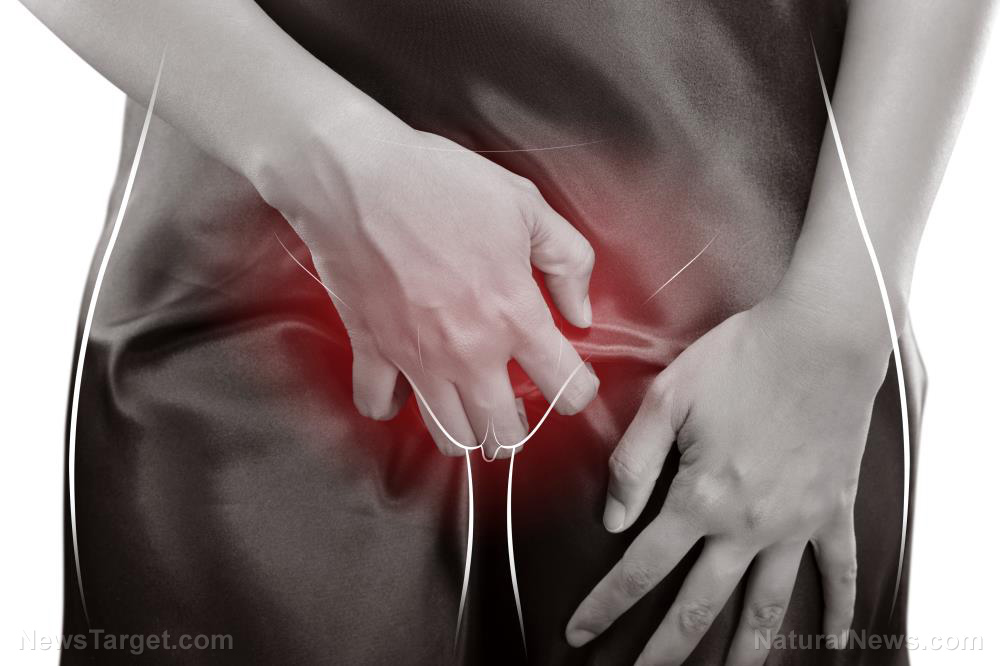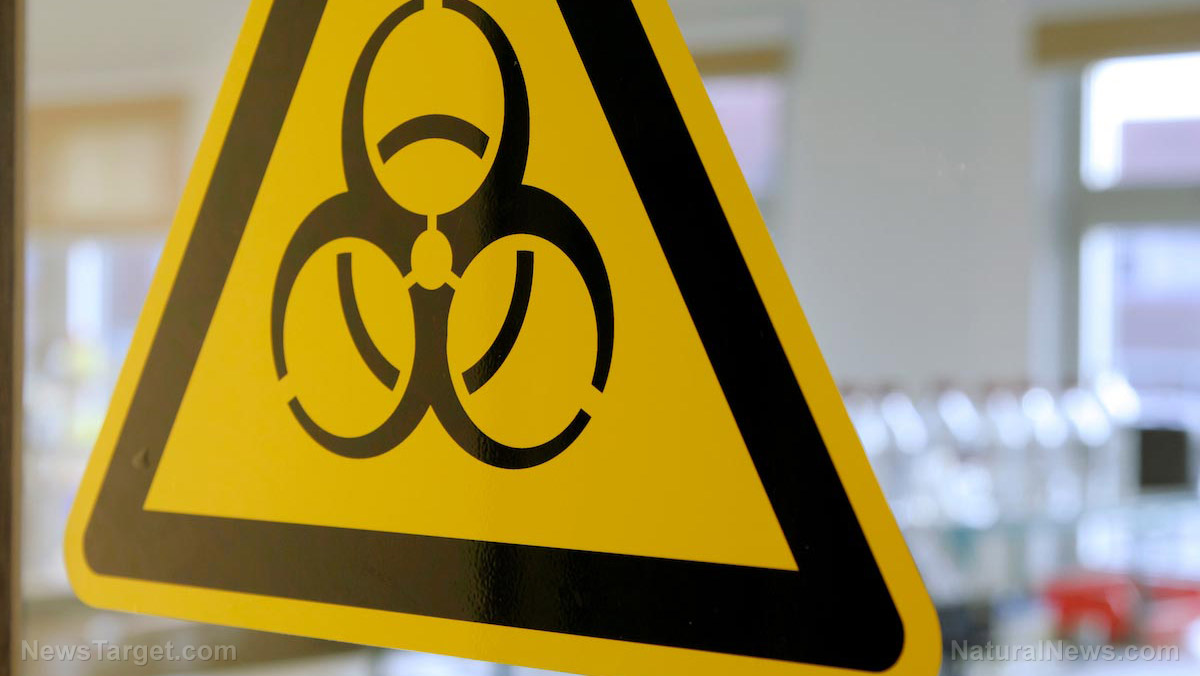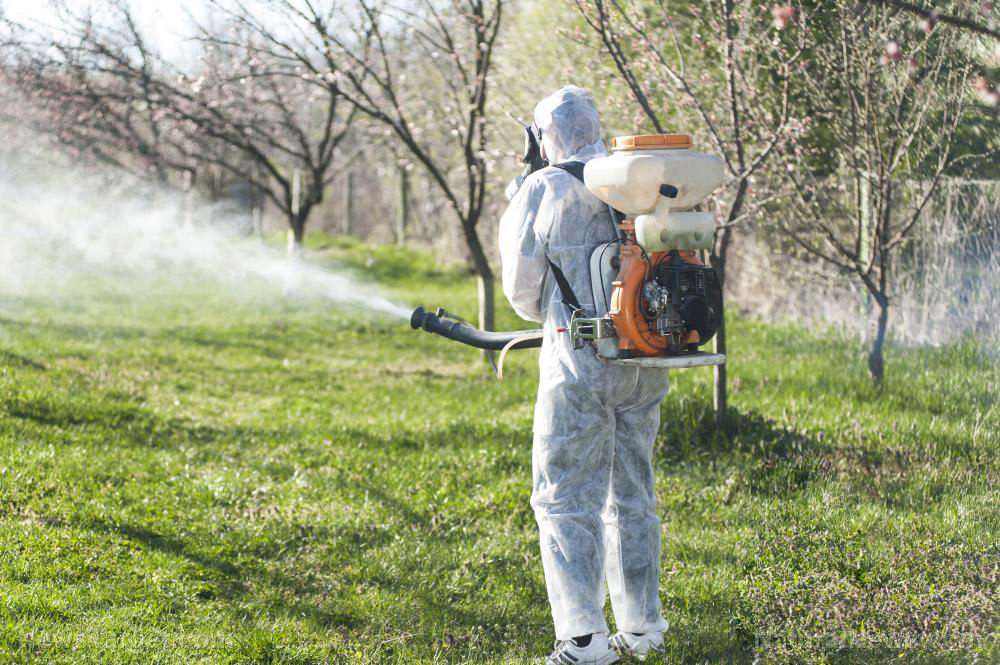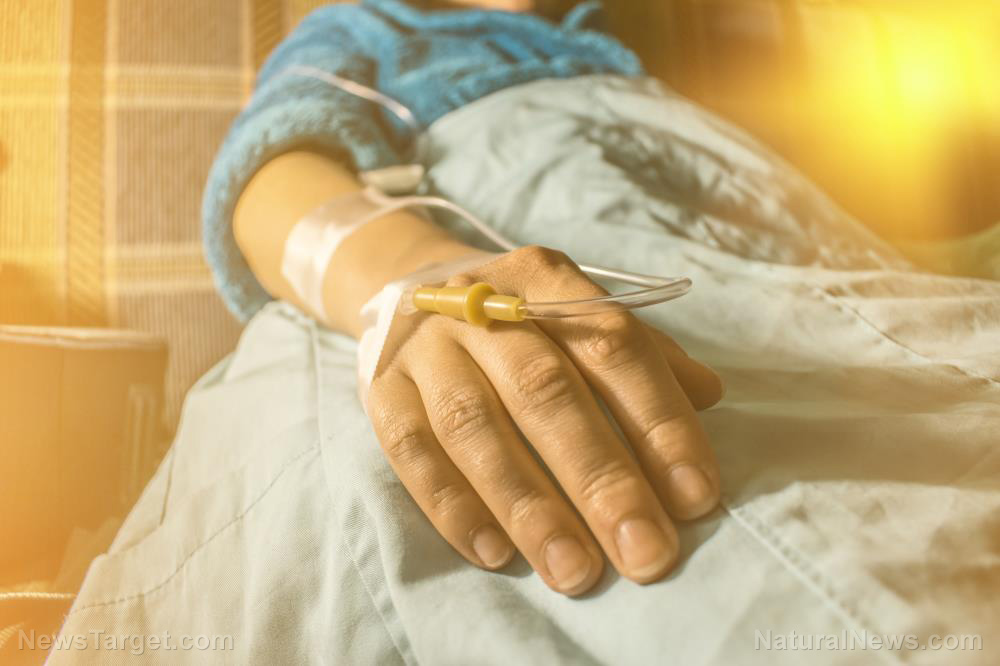mRNA vaccines linked to vaginal bleeding in non-menstruating women: STUDY
10/06/2023 / By Ethan Huff

New research out of Sweden has found that many non-menstruating women who got “vaccinated” for the Wuhan coronavirus (COVID-19) are now suffering from vaginal bleeding.
Published in the journal Science Advances on Sept. 22, 2023, the landmark study identified three groups of non-menstruating women who are negatively affected in this way by COVID jabs: postmenopausal, perimenopausal, and non-menopausal due to the use of hormone-based contraception pharmaceuticals.
Kristine Blix, one of the study’s lead authors and a medical doctor and researcher at the Norwegian Institute of Public Health, commented about the findings that a very large number of women were included in the research.
“In this study, we have documented the responses from a large sample of women who were asked about unexpected vaginal bleeding shortly after vaccination,” Blix stated.
Compared to pre-vaccination, women in the postmenopausal category were between two- and three times more likely to experience abnormal bleeding after getting jabbed. Peri- and premenopausal women who get jabbed experienced a three- to fivefold increased risk of vaginal bleeding.
“Together with current knowledge, it seems probable that both pre- and postmenopausal women are at increased risk of unexpected vaginal bleeding after COVID-19 vaccination,” the study concluded.
(Related: Back in May, we reported on another similar study published in the British Medical Journal showing that women both young and old are experiencing vaginal bleeding due to COVID jabs.)
Yes, COVID jabs do cause serious menstrual disturbances in women
These horrific findings serve as a backdrop for the thousands of reported cases of “menstrual disturbances” that have popped up ever since the launch of Operation Warp Speed in late 2020.
Many women reported experiencing heavy and unusual bleeding, though the media was quick to dub these reported vaccine injuries are just more “anti-vax conspiracy theories” and “wild rumors.”
Mother Jones, for instance, ran a story written by Kiera Butler that claimed “social media influencers” were “spreading wild rumors about COVID-19 vaccines and period.”
The BBC also reported on the matter a bit more accurately in May 2021, though the British news outlet made sure to include a caveat that most of the negative effects were “short-term,” the suggestion being that they are not that big of a deal.
It took all the way until October 2022 for the European Medicines Agency (EMA) to even list “heavy menstrual bleeding” as a side effect for Comirnaty (the “approved” Pfizer-BioNTech mRNA jab) and Spikevax (Moderna’s mRNA jab).
Keep in mind that the EMA was told a full year earlier about heavy menstrual bleeding being a side effect of COVID injections, meaning the agency sat on this information for many months before finally getting around to warning the public about it.
Pfizer-BioNTech told the EMA about all this in its first ever Periodic Safety Update Report, which came as a three-part series, but it was only made available later on through a Freedom of Information Act (FOIA) request by a group of European medical professionals acting in goodwill on behalf of the public.
“The regulator, the vaccine manufacturer (Pfizer) and Marketing Authorisation Holder (BioNTech) never had the intention of sharing them with the public,” reported Vigilant News about the scandal.
The worst thing about all this is that Pfizer-BioNTech still denies that its jabs are even responsible for vaginal bleeding. In a concluding appendix to their three-part series, the two drug giants tried to claim that women suffering from these side effects are merely experiencing pandemic-related “psychological distress and stress,” which is about as patronizing and ridiculous as it gets, even for Big Pharma.
Why, oh why, did millions of people willingly comply with the COVID jab genocide operation known as Operation Warp Speed? Learn more at Genocide.news.
Sources for this article include:
Submit a correction >>
Tagged Under:
Big Pharma, BioNTech, COVID, menstruation, mRNA, pandemic, Pfizer, research, Study, suppressed, vaccines, vaginal bleeding, women, women's health
This article may contain statements that reflect the opinion of the author
RECENT NEWS & ARTICLES
COPYRIGHT © 2017 RESEARCH NEWS



















